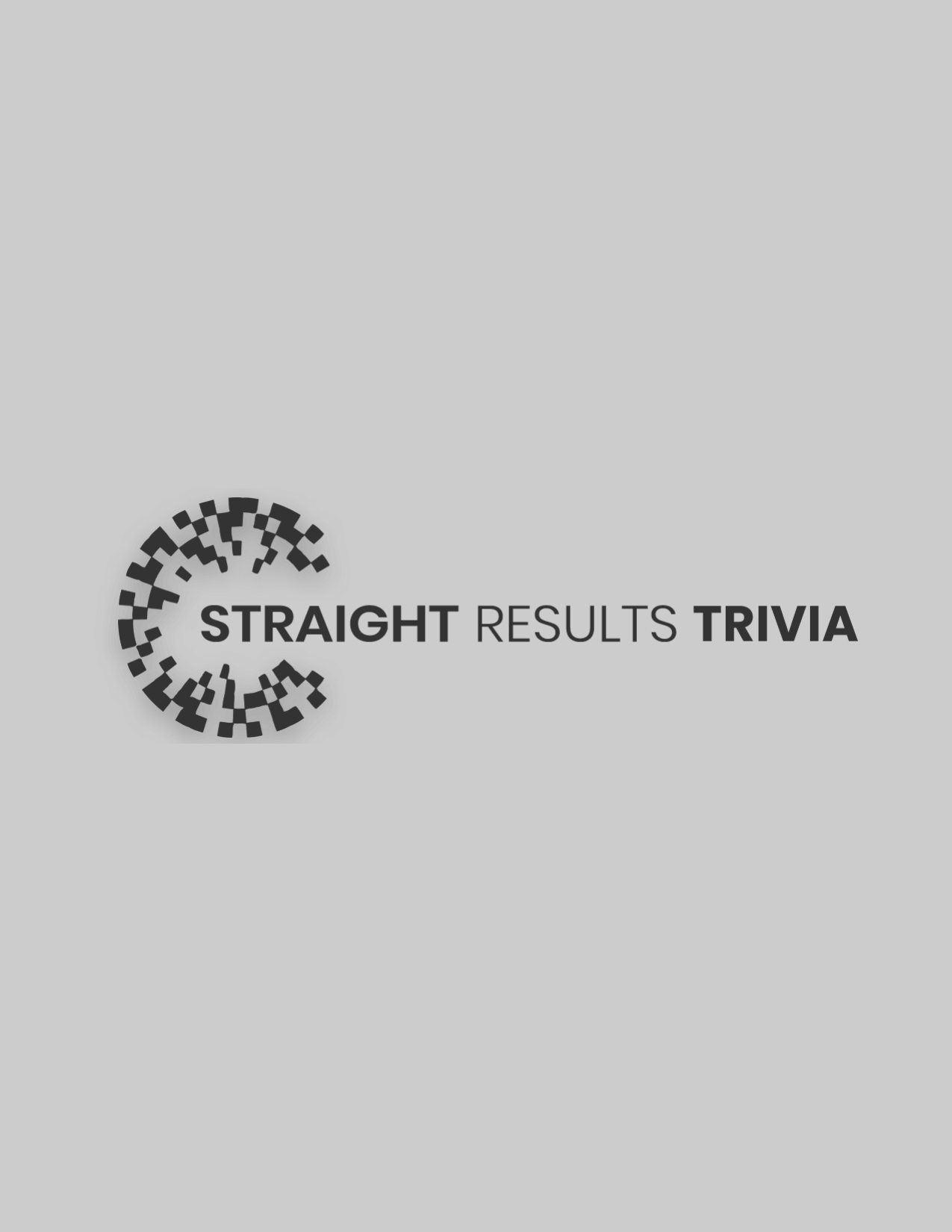Distributed enterprise is a central office headquarters facilitated through a localized IT department with reputable staff. It's connected to multiple remote branch sites with networking facilities. The remote branches and sites have the same needs as centralized offices in a distributed enterprise, but they vary significantly in terms of scalability. Plus, they don’t have an IT staff.
A distributed enterprise is where a company uses distributed cloud computing and IT infrastructure for scalable operations. The primary purpose of distributed enterprises is to offer real-time information exchange, quick responses, and customer-related solutions with greater scalability. Let’s learn about the major benefits of distributed enterprises.
The Shift to Distributed Enterprises: Why?
Tech companies keep facing a talent crunch as more and more people seem to work from home in the post-pandemic world. However, a few businesses are determined to keep their operations up and running for long-term success, so they're planning to hire remotely.
New businesses continue to pay attention to distributed enterprises by accepting hybrid workplaces and improving new working environments. Here're some major benefits that prompted traditional firms to turn to full-fledged distributed enterprises today!
· Low Operational Costs
Companies gain a feasible opportunity to save considerably on office maintenance costs. It also saves on employee device usage since scalable IT infrastructure and digital software programs are always at play. Distributed enterprises benefit significantly from robust and scalable software. Such software usage brings business process optimization and reduces the overall downtime losses.
· Resource Savings and New Workforce Talent
Exploring the local markets and searching for workforce talent within a geographical reach is a good idea. It provides you with people accustomed to your business environment's economic and professional norms. But distributed enterprises let you search for foreign employees and diversify your business talents.
Look at the business giants like Amazon and Google; they keep searching for talent worldwide to bring more cultural diversity to their workplaces. While doing that, they also acquire versatility and more working power for their operations.
It also makes you an eco-friendly and socially-responsible brand when you turn your attention to workers in countries other than yours. You become the source of a better standard of living for some.
· Energy-Savings and Process Optimization
Through scalable software programs and an eco-friendly IT infrastructure, distributed enterprises take one step forward to becoming “green brands”. The scalability opens up doors to energy-savings operational cost reductions in the long run since companies utilize software programs as needed and only pay based on the usage.
We assume that turning to distributed enterprises makes a business more sustainable, attractive to investment, and environmentally friendly. So, before becoming environmentally friendly and an eco brand, you must become distributed first.
Conclusion
Distributed enterprises are fast-growing business strategies being utilized worldwide. It’s a strategy that aims to transform the conventional working structure and achieve more modernized operations. Businesses and organizations can cover more physical space through distributed enterprises and connect with their customers/users. Plus, distributed enterprises make it easier to employ culture, vision, and innovation.















